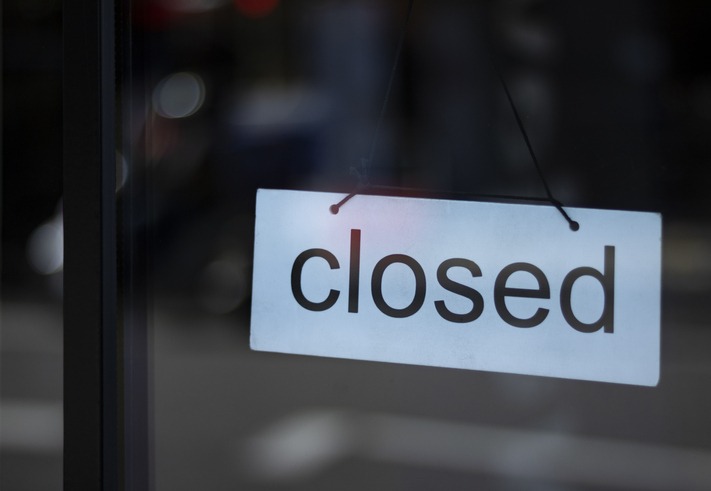
Professor Kamila Hawthorne, chair of the Royal College of GPs has commented regarding the current GP crisis and what this means for GP practices
She said: “Closing a GP practice will be one of the most difficult decisions a GP partner can make, particularly if the reason for it is unmanageable workload or not being able to fill vacancies.
“GPs are working tirelessly to deliver millions more appointments than before the pandemic, with almost half offered on the same day they are booked – but with 852 fewer GPs compared to 2019. In some areas of the country, one GP is responsible for over 2,500 patients.
“Sadly, instances of practice closures are becoming all too common. Our own College data shows that more than a quarter of practices warning they could be forced to close, with almost 90% citing unmanageable workload pressures as a reason.
“The loss of a GP practice in any area will have a stark impact on the community, but the effects are often felt the hardest in areas of higher deprivation, where patients often have more complex needs – especially if a closure means patients are forced to travel further to their appointments. This is not what we want to see at a time when we are trying to combat growing health inequalities.
“While we’ve seen some recent support from the government, in the shape of the long-awaited GP Access Recovery plan, general practice is still facing a fundamental crisis. Until policy makers address the shortfall in the GP workforce, by implementing comprehensive plans to recruit and retain more GPs, we fear more practice closures will be inevitable – so we look to the long-awaited NHS workforce plan with anticipation.”



Be the first to comment